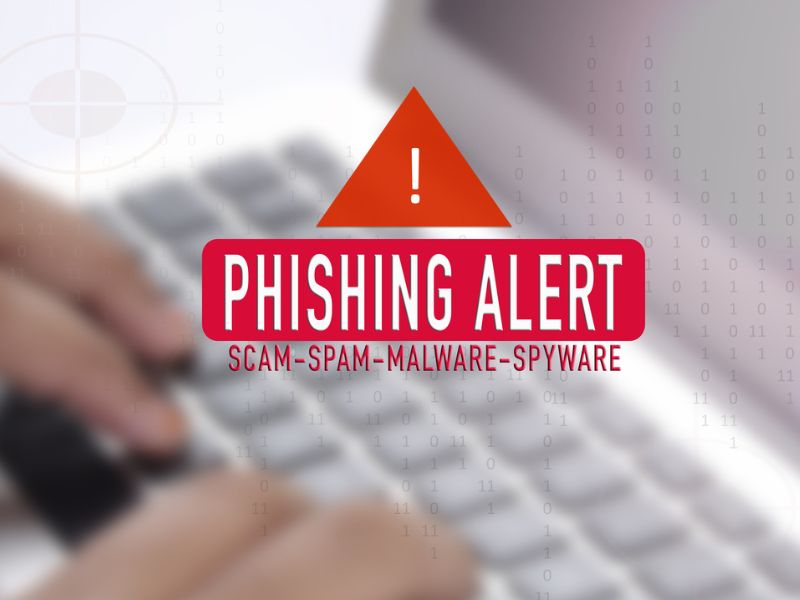Even though it’s easy to assume you’ll never fall for a phishing scam, more people than you know fall victim to this cybercrime every year. A recent study by the FBI’s Internet Crime Complaint Center found that Americans lost $57 million to phishing scams in 2019.
The Federal Trade Commission (FTC) reports that thousands of phishing scams are launched daily, raising the risk of becoming a victim. It is essential to understand how these attacks work and what phishing scams are trying to do to protect yourself. It is also crucial to have sound systems in place to protect yourself.

Image Credit: Shutterstock/I am contributor
Is it necessary to guard yourself against phishing scams? What are the effects of phishing scams? Here is a breakdown of the issue from cybersecurity experts.
Phishing Scams: What Are They?
According to Joseph Steinberg, cybersecurity expert, and emerging technologies advisor, “phishing is sending communications impersonating a reputable party and claiming to be from that party. Thereby tricking recipients into doing something they wouldn’t have done if they knew who sent the message.”
The FTC explains that phishing scams tell a story to trick users into clicking on links or opening attachments. Emails and texts can say or include things like:
- Your account has been logged in unsuccessfully or suspiciously
- They claim your payment information or account is in trouble
- You are required to confirm some personal information
- They include a fake invoice
- The site encourages you to pay by clicking on a link
- Government refunds are available if you qualify
- Free food is offered as a coupon
Phishing Scams: What Do They Entail?
Phishing scams target your private information, such as your social security number or bank account. Steinberg said, “Usually phishing scams use credentials to log into an account, reveal private information that can be used for identity theft, or request payment or click a link that installs malware.”
Image Credit: Shutterstock/Rawpixel.com
Phishing Scams: How To Avoid Them
To protect yourself from phishing scams, follow these steps:
- Protect your devices with security software
- Automatically update your computer’s and phone’s software
- Make use of multi-factor authentication
- You should always backup your data